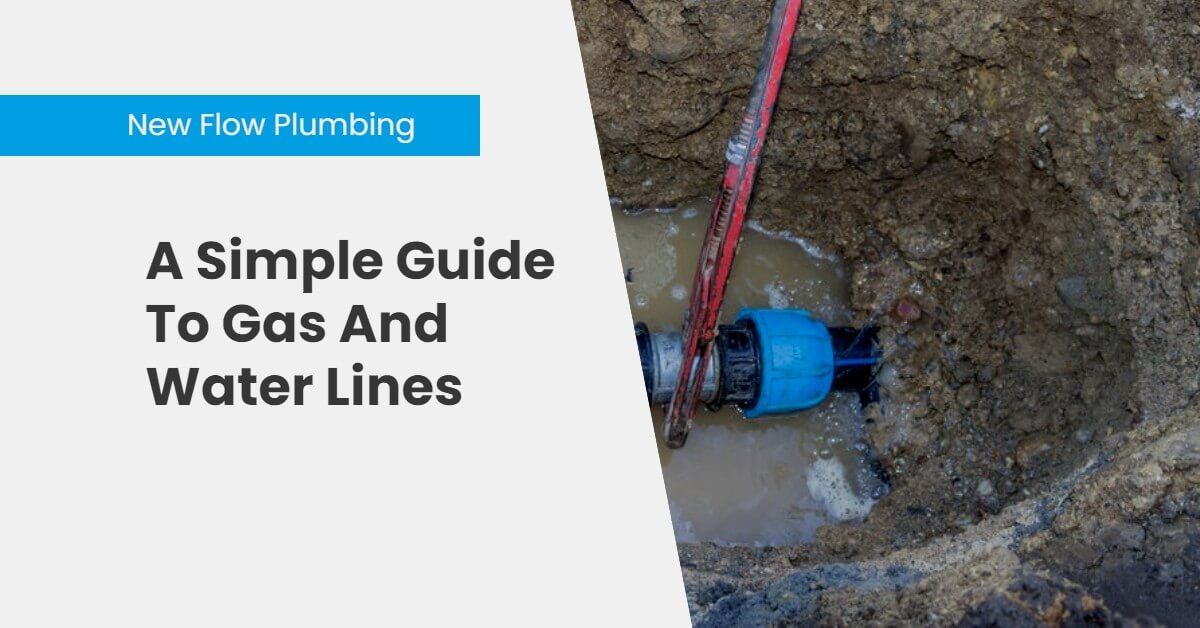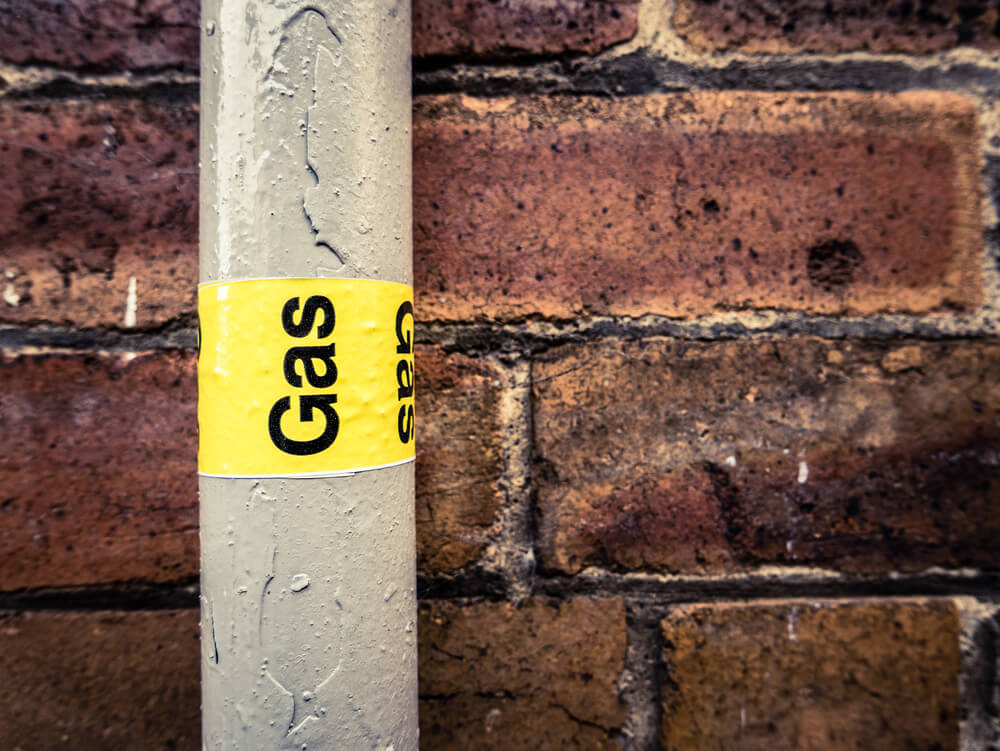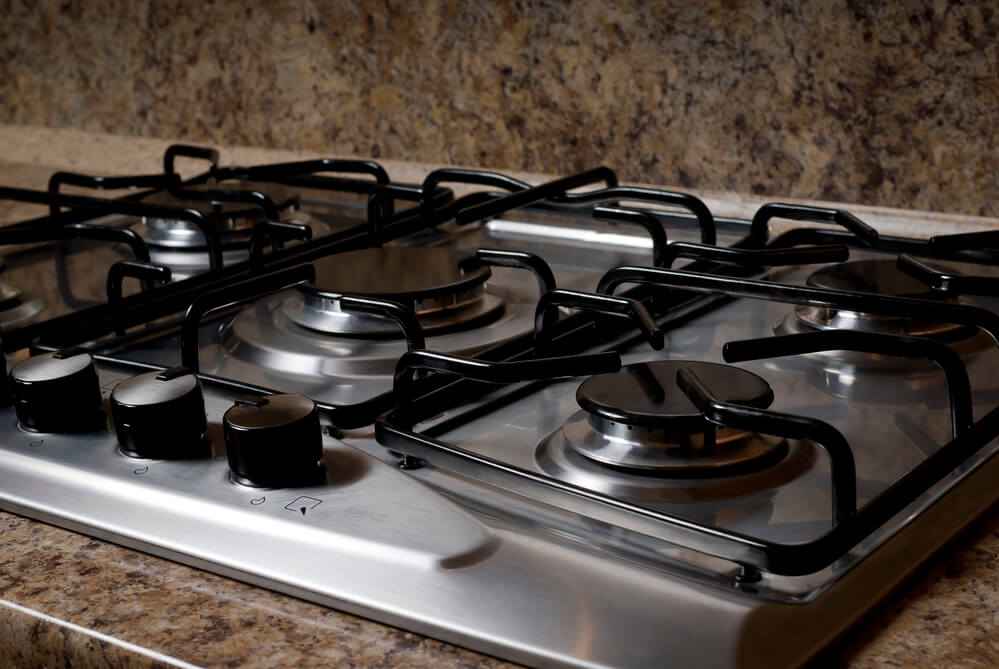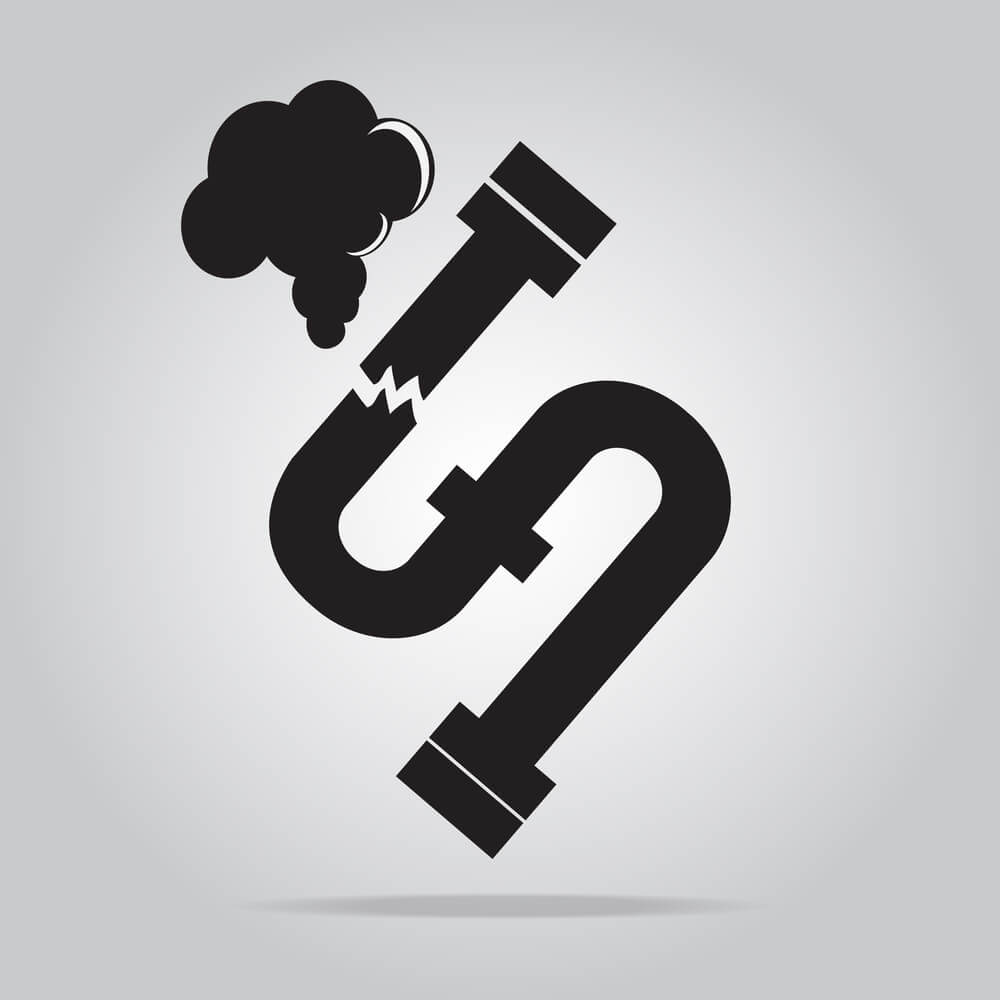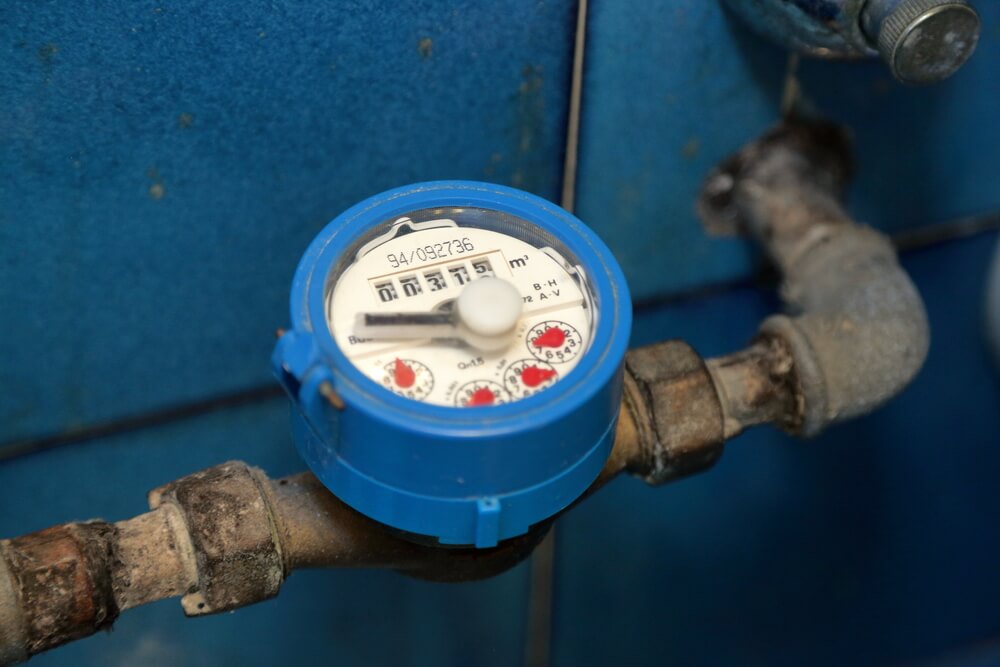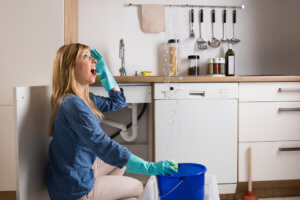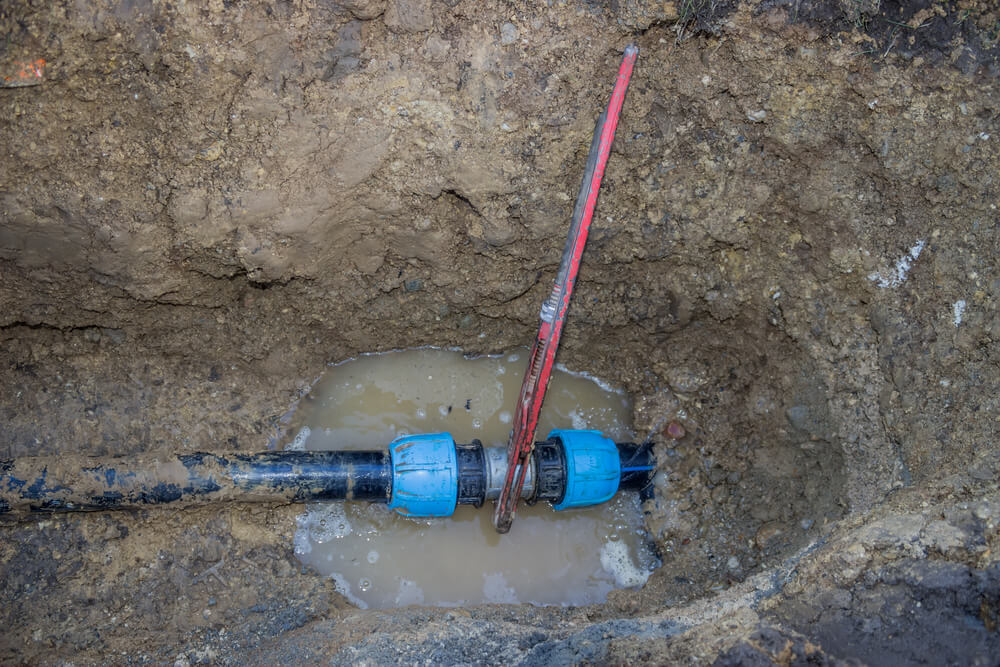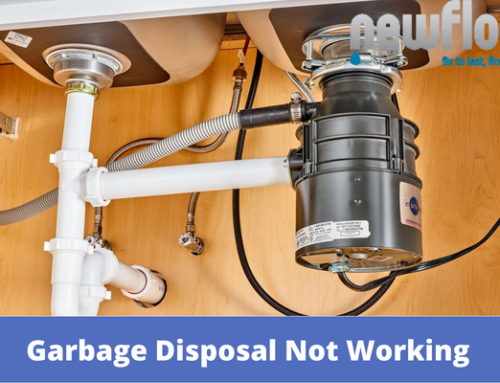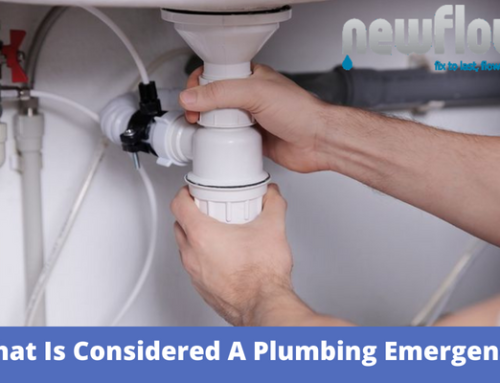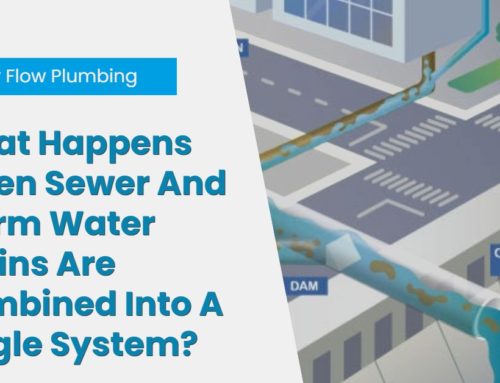A Simple Guide To Gas And Water Lines
Are you asking yourself, what do I do about my gas and water lines? What happens when either of them breaks? Where do I even begin? Don't get overwhelmed! By the end of this article, you'll know where your gas and water lines are, when you should replace them, and how to replace them. Let's start with your gas line.
Gas Lines
Who Is Responsible For Your Gas Lines
The gas line is your responsibility after your utility company installs the meter. Homeowners can install the gas meter themselves, but it's usually done by the supplier. Gas companies are only responsible for getting the gas to your home up until your meter. Every connection after the meter is your responsibility.
Finding Your Gas Lines
You don't want to start breaking down walls looking for gas lines. There is an easier way of finding them. First, you want to locate your gas meter and shutoff valve.
Gas meters are typically located close to the ground, in the basement, or on the side of your home. Commercial businesses and multi-family residences typically have the meter inside the building. If you can't find the meter, call your utility company and ask them.
Most homes have two types of shutoff valves. The main or master valves stop gas flow to the entire house, while the individual or supply shutoff valves are for specific appliances.
Main Shutoff Valve Locations
- Street-side gas valves - Homes with natural gas have a main shutoff valve located just before the gas meter. So if you find one, you find both. Warning, gas companies don't want you operating this valve. It can be tricky, and you could cause more damage than before. Leave it to the professionals.
- House-side gas valves - Following the pipes that lead away from your meter into your home, look for the closest gas appliance. The house-side gas valve should be placed before the pipe reaches the first appliance.
- Higher pressure natural gas system - Newly built homes can come with a higher pressure gas system. If you notice a flexible copper pipe running from the meter into your utility room, the shutoff valve is probably near your furnace or water heater. The valve also comes equipped with a pressure regulator, a device that detects and modifies gas flow based on how much gas is needed.
Individual Valve Locations
Individual gas appliances should have a shutoff valve in the same room or within six feet of the appliance. These valves allow you to make repairs or replace appliances without cutting off the gas to the rest of your home. If the appliance valve is faulty, shut off the main valve instead.
When Do You Replace A Gas Line?
A gas leak is a serious issue. Inhaling a small amount of gas is generally not harmful, but if you let the leak continue unfixed, you start to risk the safety of your home and family. You can find a gas leak using your senses.
- Smell - If you smell Sulphur or rotten eggs throughout your home, you have a gas leak on your hands. Natural gas is inherently colorless, odorless, and non-toxic, but the gas used in homes is altered as a safety precaution in case of a leak. Invisible gases that you can't smell are a problem if they're highly flammable or combustible. Natural gas is non-toxic (non-poisonous), but can cause death by suffocation if the gas displaces the air in a confined space.
- Sound - If you hear an unusual hissing noise from any pipes or area that contains gas lines, it could indicate a leak. Check all of your gas appliances for any noise that could be coming from their valves or pipes.
- Sight - If you see bubbling in puddles or dead vegetation in areas that are usually healthy, there may be an outdoor leak. There may be an indoor leak if you see a yellow flame instead of a blue one in any gas-fueled appliances.
- Spiked charges - You should always check your utility bill for spiked charges. If your bill is higher than usual, a leaking gas line could be the culprit.
How To Replace A Gas Line
Because of the complexity of repairing or replacing a gas line, we do not recommend working on gas lines yourself. Call a company that specializes in finding and repairing gas leaks. If you can't find the gas leak or don't know how long the gas has been leaking, leave your home and immediately call the gas company or fire department.
Water Lines
Who Is Responsible For Your Water Lines
The water lines that run under your property are your responsibility to maintain, repair, and replace. The city is responsible for maintaining pipes running from the property line to the municipal water main and sewers.
Finding Your Water Lines
Just like gas lines, you don't want to start ripping up your yard looking for water lines. You need to find the water meter and shutoff valves first.
In cold climates, the meter and main shutoff valves are located inside, usually in a basement or other warm area.
In milder climates, the meter may be attached to an exterior wall or in an underground box. You can find this underground box near the street or sidewalk. After you open the lid, you should see the meter inside with a plastic cap for frost protection.
Main Shutoff Valves
Most water meters have one main shutoff valve directly before the meter and another directly after. One of them will be the street-side main shutoff, which controls the water coming into your meter. The other valve will be the house-side main shutoff, which controls the water flowing to your fixtures.
Fixture Supply Stops
Newer homes have small, localized shutoff valves called fixture supply stops installed on the supply lines leading to your fixtures. You can turn these off to stop water flowing to specific fixtures while you repair or replace them.
When Do You Replace A Water Line?
A leaking water line isn't as dangerous as a leaking gas line, but it can still cause serious damage. Here are signs you need to replace your water line.
Dirty, rusty, or bad-smelling water - We don't have to tell you not to drink or use brown water. If your water is coming out less clean than usual, your water line has been damaged somehow.
High water bill - The easiest way to check if your water line is compromised is by reading your water bill. A spike in water charges could indicate a leak somewhere in your home.
Puddles - Do you notice puddles in your yard even if it hasn't rained? Standing water in your yard is a clear indication an underground water line is leaking.
Potholes - When water begins to leak into your soil, it can cause the dirt to swell up. Then, when the water dries, the soil shrinks, shifting and creating small potholes.
Water damage - Look for mold, spots, or damp areas along your walls and ceilings. Any form of water damage is a sign of a leaking pipe.
Low water pressure - Inconsistent water flow and temperature are indications your water line is faulty. Water is leaking somewhere before it reaches your shower, hence why your shower pressure isn't as strong.
Sounds of water running - Does it sound like water is dripping or running inside of your walls? It is 100% a faulty water line.
How To Replace A Water Line
Just like replacing a gas line, we do not recommend fixing a water line yourself. Don't risk fixing a leaking water line, only for it to get worse! When you call a professional, tell them all the signs you notice, and they'll get you on the right path.
Who Do You Call For Repairs?
If you have issues with your gas and water lines, who should you call? Contact New Flow Plumbing today! Once we inspect the damage, we give you a free repair estimate, followed by available repair options. Whatever the issue, New Flow Plumbing will have your plumbing running perfectly again. Click here to see our service area in Southern California.

